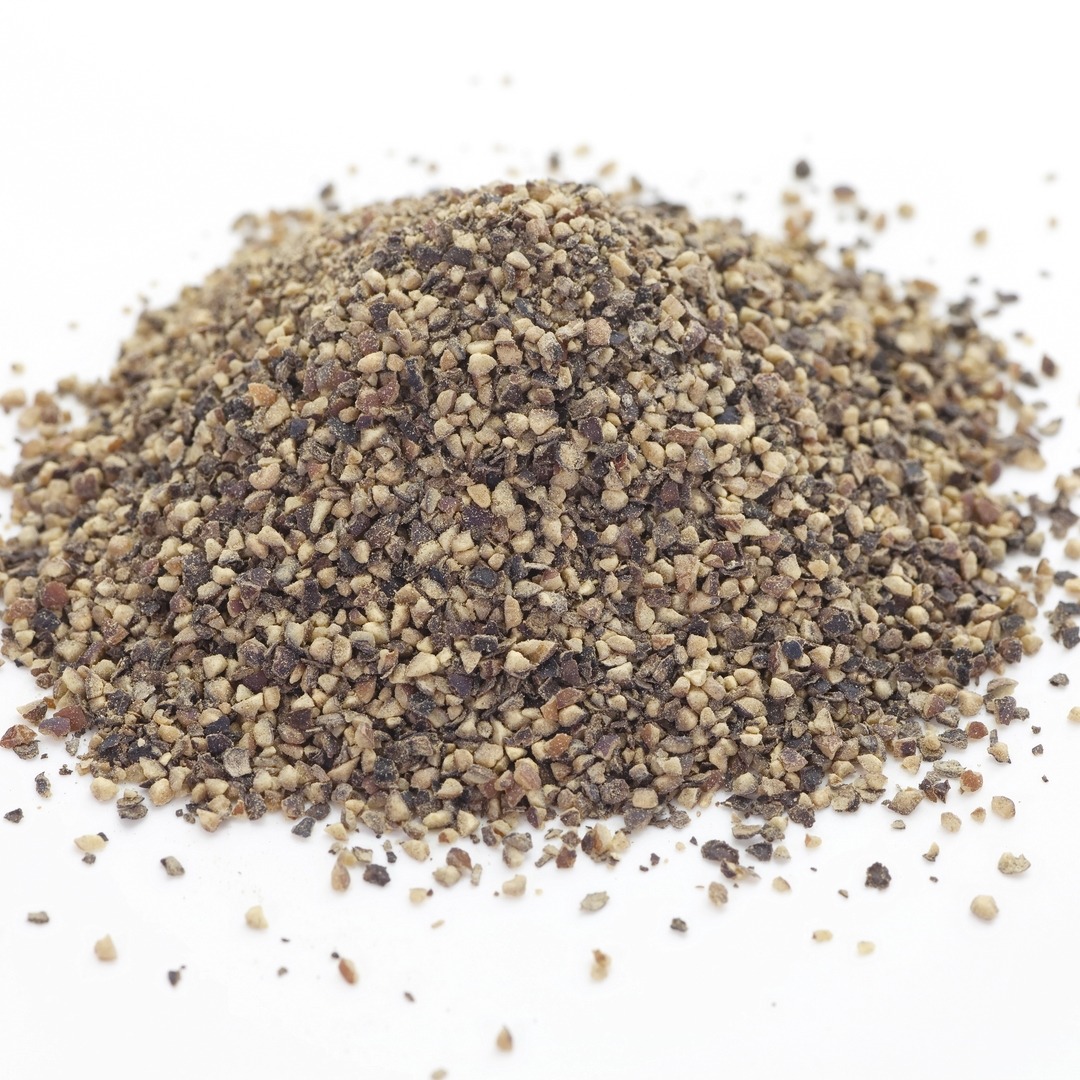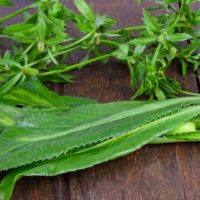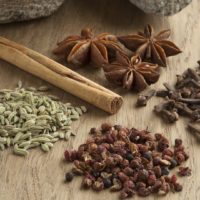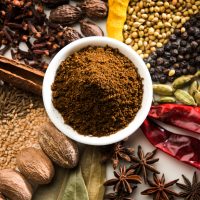![]()
WHAT IS BLACK PEPPER?
This spice is actually a dried berry! It comes from a flowering vine whose fruit is harvested white still unripe. The same plant is the source of both black, white and green peppercorns. The difference between the three is that with black peppercorns the fruit is cooked and dried. With white ones the seeds of the fruit are used when ripe, and with green the fruit is dried uncooked. Originally from the Indian party-capital of Kerala, today it’s a tropical harvest primarily from Asia and Brazil.
WHY IS BLACK PEPPER GOOD FOR YOU?
Almost every Western household has salt and pepper on their kitchen table, and sodium has been well documented in terms of your health. But what about pepper? It turns out that it’s awesome! Much like with rosemary, when used in cooking pepper helps to reduce carcinogens. Black pepper is also thought to help the body absorb natural compounds that have anti-inflammatory and anti-oxidant properties. Just because these are present in your food, that doesn’t mean that your body automatically absorbs all of them!
WHEN IS BLACK PEPPER IN SEASON?
Well, if you’re not in a tropical environment then never. If you are, these plants take 4 years before they start bearing fruit, and usually require a dry season as well. The berries ripen in the spring, but can’t be picked for another 8 or 9 months.
HOW SHOULD BLACK PEPPER BE STORED?
Like all dried spices, in a cool, dark place free of moisture. Using a sealed container in your cupboard is a popular solution.
DID ARAB TRADERS BURN WHOLE PEPPERCORN TREES TO TURN THIS SPICE BLACK?
Not exactly, but around 400 A.D. they did tell everyone this. According to Today I Found Out, “To maintain their monopoly, keep their source a secret and raise the cachet (and price) of this highly prized spice, Arab traders created the fantastic myth that pepper was cultivated in groves of trees in India …“guarded” by poisonous serpents. In order to harvest the pepper, the trees have to be burned, driving the snakes away and in the process turning the originally white fruit black.”




